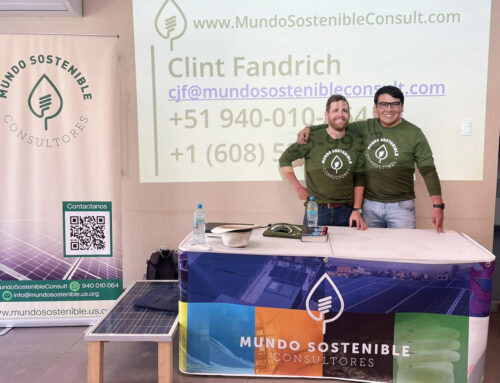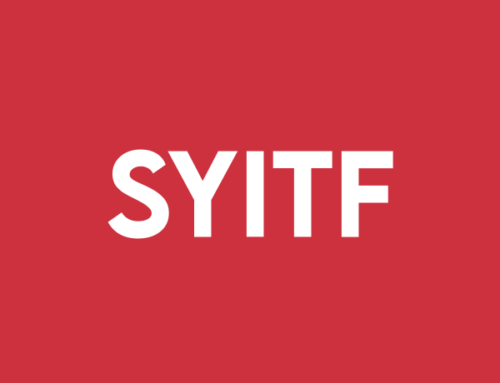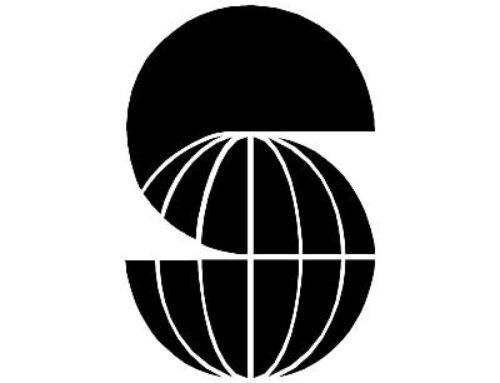Opinion | As Drug Culture Becomes Mainstream, Our Language Needs To Evolve.
December 23, 2024

It’s becoming impossible to count all the options we have these days for altering our consciousness with chemicals and plants. You can buy ketamine from club drug dealers on your phone, or by mail from online medical clinics to treat depression. Alongside vapes and gummies, C.B.D. dispensaries sell kratom, an herbal stimulant that some people use to boost work productivity and others to detox from opioids. Cannabis sellers may or may not be legally licensed, and may also sell psychedelic mushrooms. Some people source their Xanax or Adderall from sites on the dark web, others from a physician. Those seeking an alternative to coffee can head to a kava bar to sip an herbal narcotic long used in traditional Polynesian medicine.
The old distinction between medical and recreational drugs is breaking down. It’s no longer clear what even counts as a drug anymore.
During the 20th century, people generally knew that drugs meant illegal substances, purchased clandestinely with cash and clearly distinguished from medications, which might also be psychoactive, but required a doctor’s prescription. In today’s chaotic marketplace, the idea of drugs as a social evil and the belief that only doctors define what is medical is being challenged. We are in a new reality, and we need a new way to make sense of it.
The distinction between licit “medicine” and illicit “drugs” was never as binary as it appeared, but it blurred significantly in the 1990s, as drugs like MDMA, and the party scenes that accompanied them, took off among young people. Programs like DARE attempted to suppress drug use, but from pill-popping dance clubs to blockbuster films like “Pulp Fiction,” popular culture celebrated it and the stigma attached to it diminished.
The internet also transformed supply and demand. Today, drugs no longer need to be scored in wraps or baggies from sketchy neighborhoods; they can be ordered online through anonymous browsers and appear in your mailbox in professionally labeled packages. You don’t need to buy your college roommate’s Valium; you can buy it with your smartphone and a cryptocurrency app.
Demand has also changed, as people merge getting high and self-care. A recent Los Angeles Times investigation revealed that some yoga centers in the city offer mushroom gummies to accompany their sessions, despite their illegality. Mental health issues are medicated with a galaxy of mood-elevating plant extracts and pharmaceutical supplements, such as over-the-counter lithium pills or the herb St. John’s Wort. These substances may complement or replace the drugs prescribed by mental health professionals. As licensed psychedelic therapy struggles to establish itself, people are opting for ayahuasca retreats from the Amazon to Long Island, and start-up psychedelic churches offer ceremonies with toad toxins.
Search
RECENT PRESS RELEASES
Related Post




